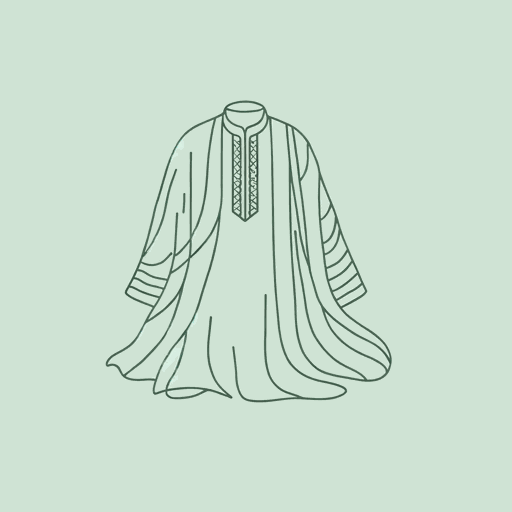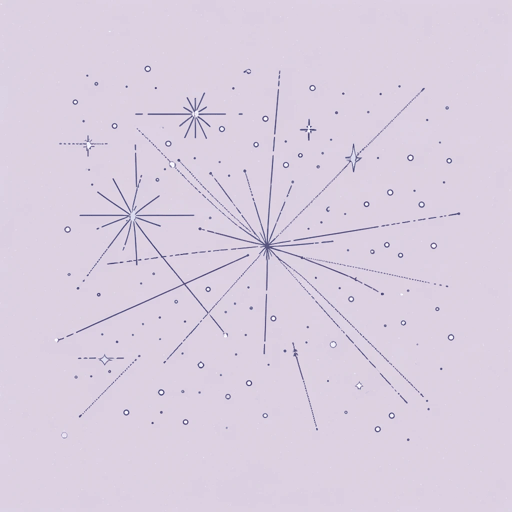79 pages • 2 hours read
Nadia HashimiThe Pearl That Broke Its Shell
Fiction | Novel | Adult | Published in 2014A modern alternative to SparkNotes and CliffsNotes, SuperSummary offers high-quality Study Guides with detailed chapter summaries and analysis of major themes, characters, and more.
Important Quotes
“My older sisters were quarantined since they were older and noticeable. I was, thus far, invisible to boys and not a risk.”
(Chapter 1, Page 10)
Young girls in Rahima’s society are not subject to the same scrutiny that they are after they reach puberty. Getting older and developing secondary sex characteristics means confinement and disguise for women.
“She knew my sisters would be the hardest to convince. Everyone else—teachers, aunts, uncles, neighbors—they would accept my mother’s new son without reservation. I wasn’t the first bacha posh. This was a common tradition for families in want of a son. What Madar-jan was already dreading was the day they would have to change me back.”
(Chapter 5, Page 40)
Sons are more valuable to families in Rahima’s society. Boys and men are afforded a greater mobility and can perform different public tasks without incurring shame. The ability for a girl to “become” a boy in the eyes of society opens many new opportunities for Rahima and her parents.
“In Afghanistan, disabilities define people. There were many others in the village who had such names. Mariam-e-lang, who had walked with a limp since childhood. Saboor-e-yek-dista was born with one hand. And if you don’t listen to your father, your hand will fall off just like his, mothers would warn their sons.”
(Chapter 8, Page 58)
Shekiba, Parwin, and Khala Shaima all have disabilities, be they serious or superficial. Shekiba deals with being treated like a monster or a curse. Parwin is treated as an invalid. Khala Shaima is never able to marry due to her twisted spine.
Related Titles
By Nadia Hashimi



